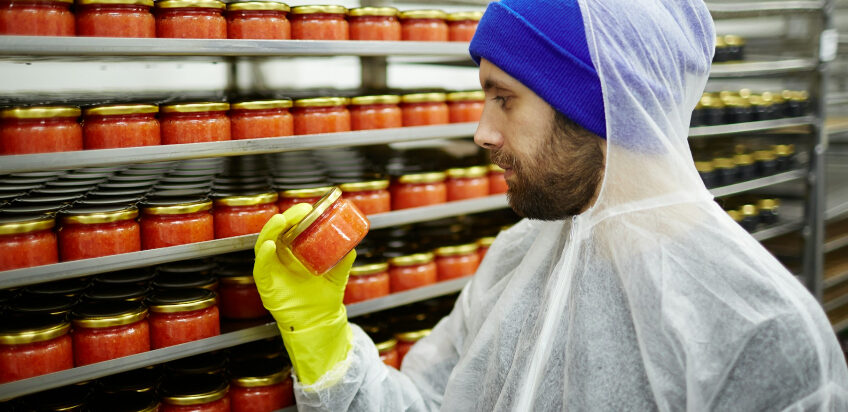Product liability lawsuits often involve complex questions of science, engineering, and industry standards. When consumers are injured by a defective product—whether it’s a car part, medical device, or household appliance—courts rely heavily on expert witnesses to explain what went wrong and who is responsible. Expert testimony can make the difference between winning and losing a case, as these specialists help bridge the gap between technical facts and legal standards.
Understanding Product Liability
In a typical product liability case, the plaintiff must prove that the product was defective and that this defect directly caused their injury. Defects usually fall into three categories: design defects, manufacturing defects, and failure to warn. Each requires a different type of analysis and proof. Because jurors and even judges often lack the technical knowledge to assess complex mechanical or scientific issues, expert witnesses play a vital role in clarifying these matters.
Types of Expert Witnesses
Expert witnesses in product liability cases come from a wide range of fields, depending on the product and nature of the defect. For example:
- Engineers may analyze whether a product’s design met industry safety standards.
- Medical experts can explain how a defective drug or device caused physical harm.
- Material scientists may study product composition to determine if substandard materials contributed to failure.
- Human factors specialists assess whether a product’s design was safe for normal consumer use.
Each expert’s specialized knowledge allows them to evaluate evidence, conduct testing, and provide opinions that help the court understand the root cause of an accident.
Establishing Liability Through Expert Testimony
The primary role of expert witnesses is to establish causation—the direct link between the defect and the injury. For instance, in a defective tire case, a mechanical engineer might testify that poor bonding of rubber layers caused a blowout, which led to a crash. In pharmaceutical litigation, a toxicologist might explain that the drug’s chemical composition made certain side effects foreseeable.
Experts also help define whether a manufacturer acted reasonably under the circumstances. They may compare the product’s design to accepted industry standards or demonstrate how safer alternatives were available. Such analysis helps the jury determine whether the manufacturer failed to exercise due care in designing, producing, or labeling the product.
Challenging or Defending Expert Testimony
Because expert testimony carries significant weight, both sides in a product liability case often challenge the other’s experts. The court must determine whether an expert’s opinions are reliable and relevant, following rules such as the Daubert standard in federal courts. This means that the expert’s methods must be scientifically valid and applied properly to the facts of the case. Attorneys may cross-examine experts to expose weaknesses in their analysis, lack of qualifications, or potential bias.
On the defense side, expert witnesses are equally critical. A manufacturer might hire engineers or scientists to argue that the product met all safety standards, that the injury resulted from user misuse, or that an alternative cause—not the product—was to blame. Competing expert testimony can therefore shape the outcome of the case by influencing how jurors interpret the facts.
The Impact of Expert Witnesses on Outcomes
In many product liability cases, the credibility and clarity of expert witnesses determine whether the jury sides with the plaintiff or the defendant. A persuasive expert who can explain complex ideas in plain terms often leaves a lasting impression on the court. Conversely, poorly prepared or inconsistent experts can undermine even strong claims.
Conclusion
Expert witnesses are the cornerstone of product liability litigation. Their technical expertise helps unravel complex issues of design, manufacturing, and safety, allowing courts to reach fair and informed decisions. By providing objective, science-based analysis, experts not only assist individual plaintiffs and defendants but also promote greater accountability and higher safety standards across industries. In short, without expert witnesses, many product liability cases would be impossible to prove—or to defend.
